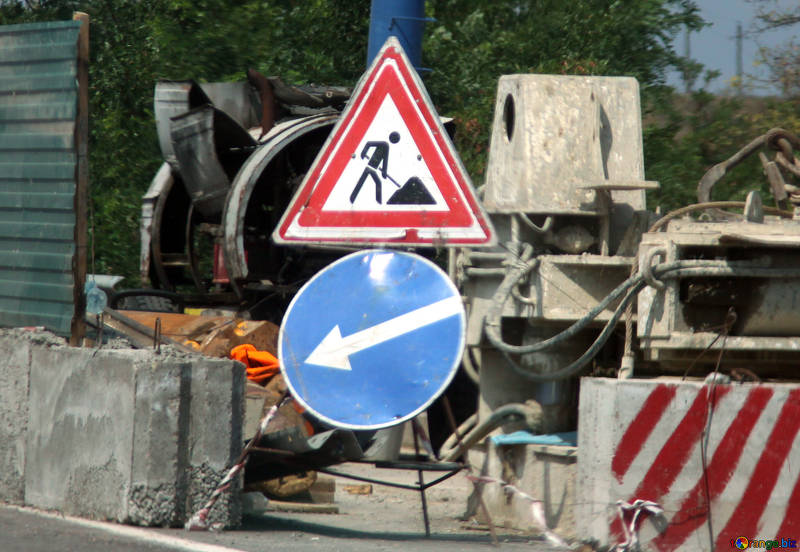The UK Department of Transport has unveiled a new consultation which proposes new utilities infrastructure would have to be installed under pavements as opposed to roads.
July 30, 2019

The UK Department of Transport has unveiled a new consultation which proposes new utilities infrastructure would have to be installed under pavements as opposed to roads.
The aim is to reduce disruptions to traffic across the country. Said disruptions to people’s journeys and congestion are estimated to cost the economy around £4 billion, though the new proposition is supposedly one which can address this. This new approach will be applicable to telcos for fibre, but also electricity, gas and water companies.
The consultation document states:
“Unless the Permit Authority consents to the placing of apparatus under the carriageway including to assist with the roll-out of national infrastructure projects or to enable urban greening and street trees, it is a condition of this permit that activities placing new apparatus underground should, where possible and practical, be placed under the footway, footpath or verge.”
The concept of the consultation is simple. When laying new infrastructure utilities and telcos will have to dig up pavements not the road anymore. It seems it is a lot more important to get people to work than to keep the pavements safe, though this might be an interesting approach to reduce the disruptions caused by 2.5 million road works each year.
As part of a wider scheme which will be known as ‘Digital Street Manager’, the Department of Transport also intends to force the utilities to be much more organized when deploying or upgrading infrastructure. It seems residents and local authorities are sick of roads being repeatedly being dug up, when realistically multiple projects could be completed back-to-back, minimising disruptions.
While this is not the sort of consultation which will have people rioting in the streets, there are pros and cons to both sides of the argument.
The idea of digging up pavements as opposed to roads has been the norm in some countries around the world for some time, such as Germany, and it does reduce disruptions. This is not to say it can be applied every time, but however it is sensible. Most roads have pavements on both sides of the road, therefore pedestrians can simply cross the road should there be work being done.
That said, there is criticism. Some might suggest the work would still overflow onto the road as there are few pavements which are wide enough to house a digger and several workmen. You also have to wonder what those with front doors which open directly onto the pavement would do during the works. Presumably in some awkward situations they would have to just give up on going in or out of their home until the work has been completed.
Another point to consider is the ‘real estate’ which is actually available. Gas or water pipes are not exactly small, and most pavements are not exactly wide. When you have to find space for the pipes, electricity wires and fibre cabling, you might run out of room rather quickly. In some cases, it might simply be impossible.
It is an interesting idea, and while something does need to be done to ensure civil engineering projects are completed in the most efficient manner, the industry has been calling for less red-tape not additional regulations…
About the Author(s)
You May Also Like








.png?width=300&auto=webp&quality=80&disable=upscale)


_1.jpg?width=300&auto=webp&quality=80&disable=upscale)


.png?width=800&auto=webp&quality=80&disable=upscale)